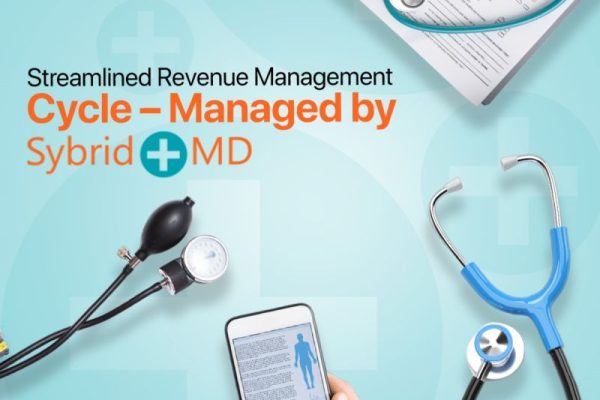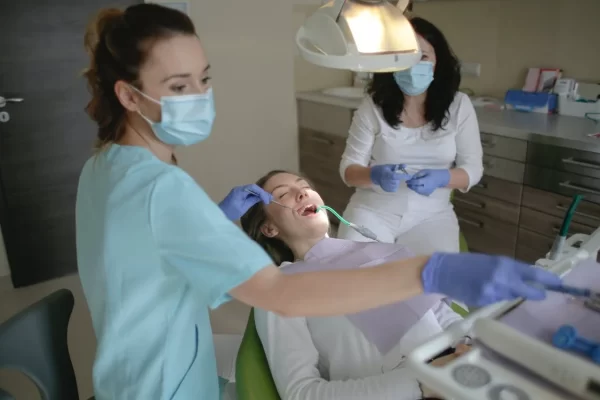Contraceptive pills play an important role for sexually active young people to help reduce the incidence of unplanned pregnancies, avert abortion and maternal morbidity and mortality, especially with proper counseling. These pills can be consumed up to 72 hours after unprotected sex and continue to be an important option for young adults.
Emergency contraceptive pills may also help sexually active young people realize that they need to begin using regular contraception. Young women under the age of 25 are more likely than their older counterparts to have an unplanned pregnancy, even where contraceptives are readily available. Sex among young adults may be unplanned and sporadic and can account for unplanned pregnancy owing to several factors:
- Youth, both married and unmarried, are commonly ineffective users of contraceptives as they begin to establish their sexual and birth control practices.
- Often they are poorly informed about sexuality and reproductive health. They may believe myths, for example, that a woman cannot get pregnant the first time she has sex.
- Because many young women do not act until they have missed a menstrual period, they may miss the opportunity to use emergency contraceptive pills to prevent pregnancy
It is important that young men and women are aware of emergency contraceptive pills so that if they have unprotected sex and find themselves facing the possibility of an unplanned pregnancy and its health and social implications, they know that they can still act to prevent this occurrence.
How do Emergency Contraceptive Pills work?
Emergency contraceptive pills contain a special regimen of the same hormones as regular oral contraceptives and are reserved for an emergency that might produce a pregnancy, for instance, a broken condom or slipped diaphragm, non-use of contraception, or rape. A woman using these pills takes 2 doses, 12 hours apart, of particular formulations of regular oral contraceptives, normally containing a combination of estrogen and progestin or an alternate regimen of progestin-only pills that comes with a lower incidence of side effects.
Advantages of emergency contraceptive pills for youth
For young people who are not prepared for a sexual experience or have involuntary sex, emergency contraceptive pills provide an important safety net by offering a second chance at contraception. They provide youth who have not previously sought services with an introduction to reproductive health care. The birth control pills aid sexually active young people as they move to sustained contraceptive use, and should be viewed as a bridge to regular contraception because regular contraceptives have higher efficacy rates.
Side effects of using emergency contraceptive pills
There may be no serious or long-term side effects from taking the contraceptive pills. But in some cases, it can cause:
- headaches
- stomach pain
- changes to your period cycle– it can be earlier, later or more painful than usual
Some women also experience nausea and vomiting for a day or so when using emergency contraceptive pills. Other possible side effects include spotting, temporary breast tenderness, dizziness, and fatigue.
Moreover, like all hormonal contraceptives, emergency contraceptive pills do not provide protection against sexually transmitted diseases like HIV.
Because emergency contraceptive pills are only effective for 72 hours after unprotected sex, it should be made clear to youth that contraception is needed for further acts of intercourse as they do not provide protection for the rest of a woman’s monthly cycle.
Barriers to using emergency contraceptive pills by young adults
Despite the importance and efficacy of birth control pills, youth in need of emergency contraception face frustrating barriers as they are oblivious to the existence of such pills as a way to curb unintended pregnancy. Health service providers and gynecologists are also often poorly informed about emergency contraception and although there is no evidence to support the concern that emergency contraceptive pills encourage promiscuity, providers frequently give this as a reason for not providing these pills to youth.











